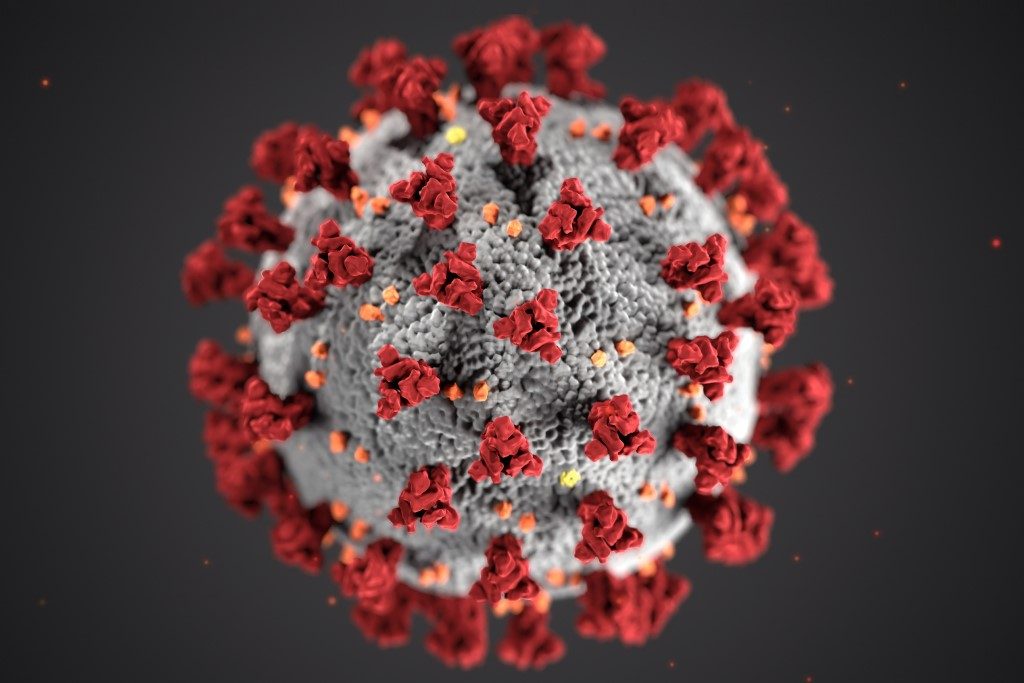MPs have called for a radical rethink of how facilities to tackle the risk of highly infectious diseases are delivered, after the cost of new labs soared by more than 500 per cent in under a decade.
In a report released on Monday (27 May), parliament’s Public Accounts Committee says the estimated expense of the government’s high-containment laboratories programme has risen from £530m in 2015 to £3.2bn.
Existing lab facilities were estimated to have five years of operational life remaining some 16 years ago, although the UK Health Security Agency (UKHSA), which oversees public health protection and infectious-disease capability, said that, with maintenance, they could be kept going until 2039.
But the committee notes UKHSA’s “troubled” performance on the issue and urges that “consideration be given to setting up an entirely new delivery agency for this large, expensive, nationally important departmental programme”.
The project to build new labs at a site purchased in Harlow, Essex, will not complete until 2036 at best, the report warns.
“But with work on the programme having stopped, ministers yet to decide where the programme will continue, and no timetable for a decision on when it will restart and where, this completion date is clearly at risk,” the committee says.
“We are also concerned that UKHSA was not able to provide an accurate assessment of the cost of further delays; delays which have already had a considerable impact on the programme’s estimated cost.
“As more time passes with no decision on this critical programme, the risk of a gap in service for the UK’s high-containment public health laboratories grows, with concerning implications for our health security.”
The report says changes to the programme’s scope and technical specifications are partly to blame for the spiralling cost estimates.
Moving the site of the proposed labs to Porton Down in Wiltshire could save more than £1bn, according to the committee, but would involve writing off at least £295m of taxpayer money.
It adds: “There appears to have been no accountability for the programme’s estimated costs having risen by over 500 per cent since 2015, the completion date being at best 15 years later than initially planned, and other failures in the programme’s management.
“Cost and time overruns of this nature cannot be allowed to happen in future, and individuals in senior positions need to be more accountable and transparent about problems on their watch.”
The report calls for clear timeframes for decisions on where the high-containment labs will be built and when the scope of works will be confirmed. It urges an assessment of the programme’s existing management structure and consideration of other delivery models.
“Given the history of this programme, UKHSA and the Department for Health and Social Care (DHSC) should work together to conduct a thorough review of the reasons for the spiralling costs and failure to deliver, with clear identification of what has led to these overruns, who was in the responsible positions at the time, and the actions which should have been taken to prevent them,” the committee says.
“UKHSA and DHSC should specify how they will hold senior leaders accountable for delivering against the programme’s timetable and budget, and what measures they will use to do so.”
In a written response to the committee’s report, the UKHSA argued that “the cost estimates for Harlow are mature, reflecting the state of the programme, while the estimates for Porton Down are very early, high-level estimates reflecting an initial feasibility assessment”.
It added: “In both cases, the sunk cost to date [of] £400m is not included.”
The DHSC has been contacted for comment.

